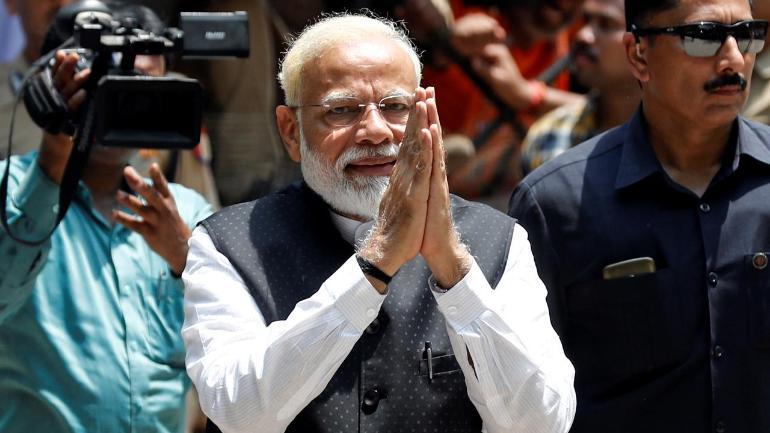There are three fundamental reasons why India’s Neighbourhood First policy needs reorientation. To begin with, there are dire warnings of a “pandemic depression” with growth projections worldwide revised heavily downward, and an estimated 42 million people within South Asia out of 100 million worldwide already driven back to extreme poverty.
Second, the ongoing global slowdown is projected to hit South Asia’s major export earnings — business services, textiles, transport equipment, labour and tourism, severely. This is compounded by a 22% decline in remittances to South Asia mainly from the Gulf, serious problems of finance and capital, as well as what the World Health Organization has termed “supply nationalism” severely disrupting global supply chains.
Third, China is using Covid-19 diplomacy to take several strategic initiatives vis-à-vis India’s neighbours in South Asia that require a commensurate response.
In what meaningful ways can India’s Covid-19 diplomacy re-purpose South Asian regionalism in the post-Covid-19 era? There are five critical steps that India can take to invest in a robust regional action plan.
To begin with, India could leverage regional trade, connectivity and investment, and strengthen the South Asian Free Trade Agreement as a game-changer for the region. One step that could dramatically galvanise economic energies would be to lower barriers to intra-regional food trade and encourage regional supply chains. Given that over 70% of South Asia’s population is dependent on subsistence agriculture and allied services, its impact could be the equivalent of a rising tide.
This single trade policy measure should be supplemented by a series of trade facilitation measures that could uplift Prime Minister (PM) Narendra Modi’s call for atmanirbharta (self-reliance) from the national to a regional level as an extension of India’s Neighbourhood First policy. These range from offers of freer transit trade through the region, the development of supply and logistic chains, digital data interchange, single-window and digitised clearance systems, risk assessment and minimisation measures, wider use of trade lines of credit (presently abysmally low), denser connectivity, smoother cross-border inspections, and reduced transaction costs, using technology as a force multiplier.
Another area that India could take the lead is in the sectors of health and food security. PM Modi has already taken a laudable initiative in convening a virtual summit of South Asian Association for Regional Cooperation (Saarc) leaders on March 15 to deal with the pandemic. However, its medium-term impact has fallen short of the kind of impact India made in response to the 2004 tsunami in the region. It has also been overtaken by the more aggressive Covid-19 diplomacy of China that has included a meeting of foreign ministers of Afghanistan, China, Pakistan and Nepal with offers of sharing its Covid-19 vaccine under development as early as September, duty-free access to its market, and barely-concealed strategic overtones.
Although Covid-19 has not led to a visible food crisis, regional food security is another area that India could take a major initiative in with an eye to the future. Measures in this area could include using its ample food reserves of 83 million MT to put in place a South Asian food safety net to deal with crises augmenting access to the Saarc Food Bank that currently stands at less than 500,000 MT.
A fourth initiative India could take is to provide an ecological blueprint for South Asia with a focus on the protection of biodiversity and dealing with the climate crisis. The linkage between pandemics and ecology also needs to be acknowledged. The growing risk of the transmission of zoonotic diseases such as HIV, Ebola, Sars, H5N1 and Nipah virus underline the risks posed by habitat fragmentation, degradation and wet markets.
Last but not least, India can increase the convening capacity of sub-regional initiatives such as the Bay of Bengal Initiative for Multi-Sectoral Technical and Economic Cooperation. The border regions can be effective partners in shaping India’s regional engagement by steering sectoral regional dialogues on cross-border trade, transport and health.
PM Modi’s call for a regional response to the pandemic is an intuitive one. But at the end of the day, the clichéd refrain of turning a crisis into an opportunity will hinge on New Delhi’s willingness to co-design a collective road map for South Asia. India will do well to remember that it can fuel its own national recovery by being the economic engine of the neighbourhood.
Gautam Mukhopadhaya is former Indian ambassador to Myanmar, Afghanistan and Syria,
and senior visiting fellow, Centre for Policy Research. Nimmi Kurian is professor, CPR
The views expressed are personal
This article first appeared in The Hindustan Times.


